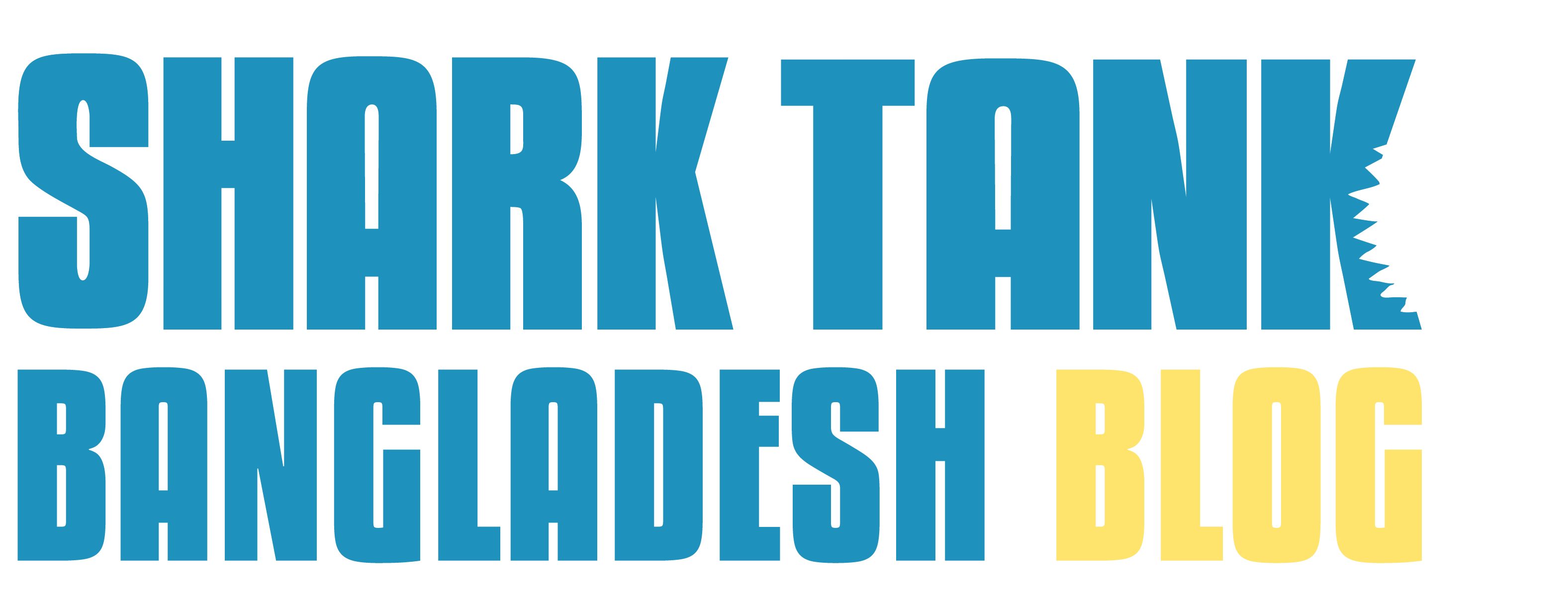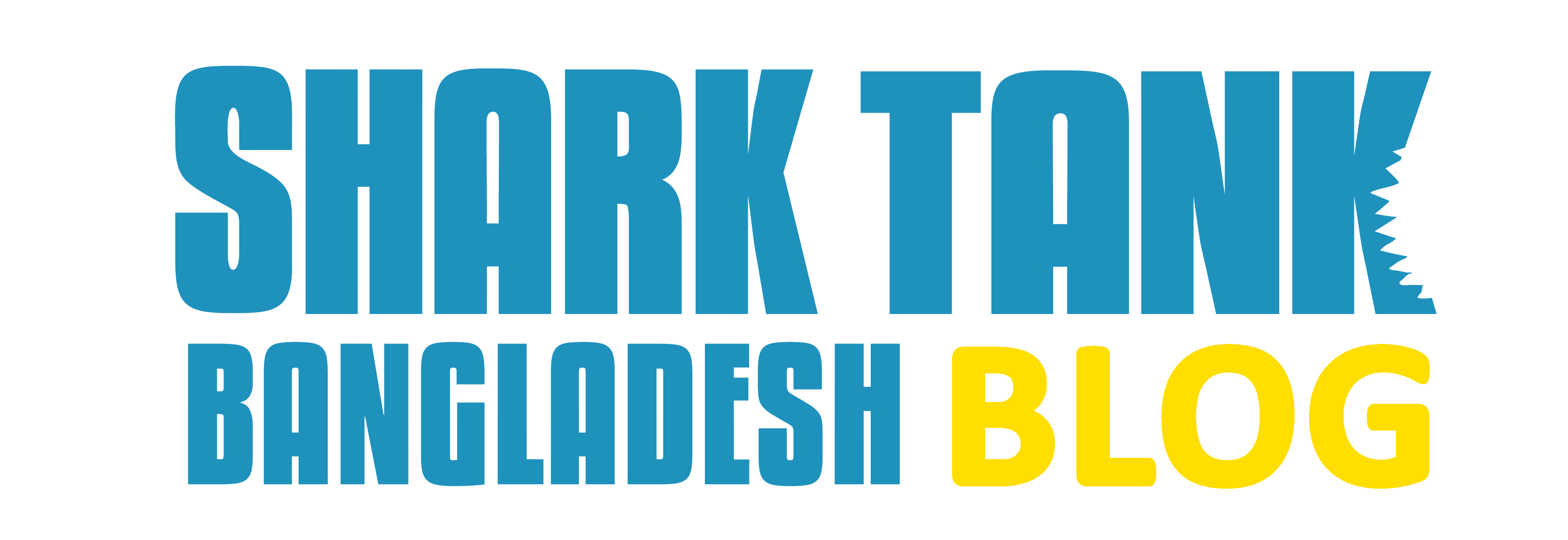I’m always on the lookout for new Shark Tank episodes. This week was no different. I was a tad busy with work but finally managed to catch the latest episode. No new sharks this time, so no surprise there.
First up was Daily Goods, a grocery platform. You’re probably thinking, “Oh great, another online grocery store.” But wait—these guys accept plastic waste as payment. Yep, run out of cash? Just pay with your old plastic bottles for a kilo of meat! Sounds wild, right? They acted out the whole customer journey in their pitch, and the sharks were pretty amused. They asked for 50 lacs for 10%. But let’s be real, how much plastic would you need to pay for groceries? A lot. The sharks found out they weren’t making money and couldn’t gather enough plastic to recycle themselves. The worst part? The guy pitching had barely any equity, so he wasn’t even calling the shots. Farhan jokingly asked if he’d sell the company, putting him on the spot, and it was clear he couldn’t make that decision. With a risky business model and no clear uniqueness, the sharks decided to pass.
Next up was Mayfair, led by a real hustler. He started this jute products business while working full-time, following in his father’s footsteps. Jute, the “golden fiber,” is what they use to make their apparel. They asked for 30 lacs for 2.5%. Claiming to be the pioneer in jute-based fabric in Bangladesh, they make some stylish blazers, even supplying the Bangladesh cricket team. They seemed to want to focus on B2B and export, seeking the sharks’ help. The products impressed Leon and Sami, who tried on the blazers and liked the quality. But the sharks didn’t see a clear business model, and the pricing seemed high. They also weren’t impressed with the raw material sourcing since it was all from outside vendors. So, they passed on investing and asked Mayfair to work on the business and come back next season.
Then came FishVally, straight from Kuakata. As the name suggests, they sell fish, ensuring city folks get fresh fish from Bangladesh’s coastal areas, delivered right to their door. The guy started marketing on social media and racked up around a million followers! He sells over 20 lacs a month, keeping around 3.85 lacs in profit. That got the sharks interested. Farhan opened with questions about their unique economics and competition. The founder knew his stuff, explaining their business model and customer base, including Bangladeshi expats who make up 70% of their customers. He needed funding for marketing and setting up stores in Dhaka. Three sharks opted out, but Fahim and Farhan made a joint offer. After some fish-market-style haggling, they struck a deal: 60 lacs for 20% equity, with 30 lacs to be repaid through a 5% royalty from sales until the money is recouped.
The final pitch was Airwrk. The founders strutted in wearing shorts and formal blazers—funny and fitting for their pitch. They run a platform for tech talents in Bangladesh to find remote work with foreign companies. They asked for 40 lacs for 1.5% equity. They already have a list of top clients and manage remote teams, unlike other freelance platforms. Farhan joked they should wear lungis next time instead of shorts, cracking everyone up. But then it got serious—why choose them over established companies? Their high valuation raised eyebrows, but they defended it by mentioning they had to honor their current investors. In the end, the sharks thought the valuation was too high and didn’t make a deal.
This episode had it all: a sophisticated tech platform, a vital fish business, and stylish jute blazers. If you haven’t watched it yet, go check it out on Bongo and learn while having a blast!



